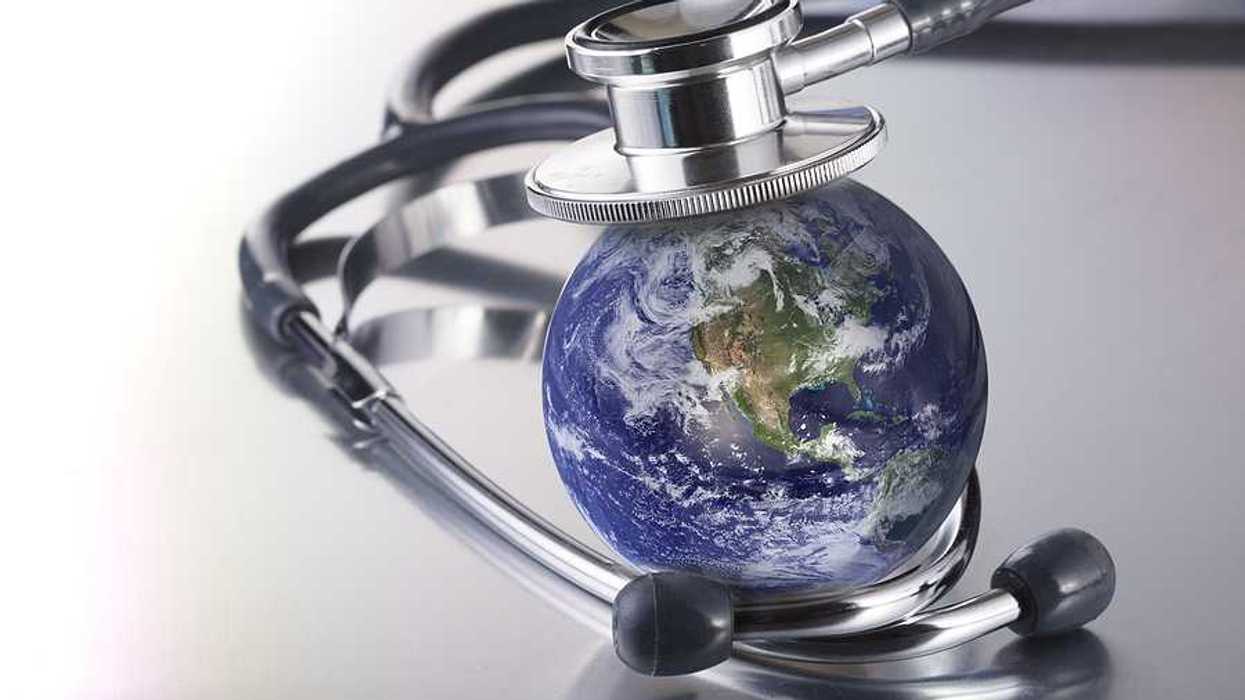A new study finds that eating ultra-processed foods can lead to quick weight gain and lower male fertility hormones, even when calorie counts are the same as unprocessed meals.
Anahad O’Connor reports for The Washington Post.
In short:
- Men on an ultra-processed diet gained body fat and showed declines in follicle-stimulating hormone, which is crucial for sperm production.
- Researchers also found higher levels of phthalates — a hormone-disrupting chemical from plastics that is common food packaging — in men eating ultra-processed foods.
- Despite matching calories, protein, carbs, and fat, ultra-processed diets still caused negative effects, suggesting food quality matters as much as quantity.
Key quote:
“This is a major finding because it means that the nature of the food itself is at play here. Calories from minimally processed foods and calories from ultra-processed foods are not equal.”
— Romain Barrès, study senior author and professor at the University of Copenhagen
Why this matters:
Food additives, processing, and plastic contact materials leave invisible fingerprints on the body, affecting health in ways we don’t always see until years down the line. For a society already grappling with declining fertility and rising chronic disease, this new research warrants serious attention.
Read more:
















